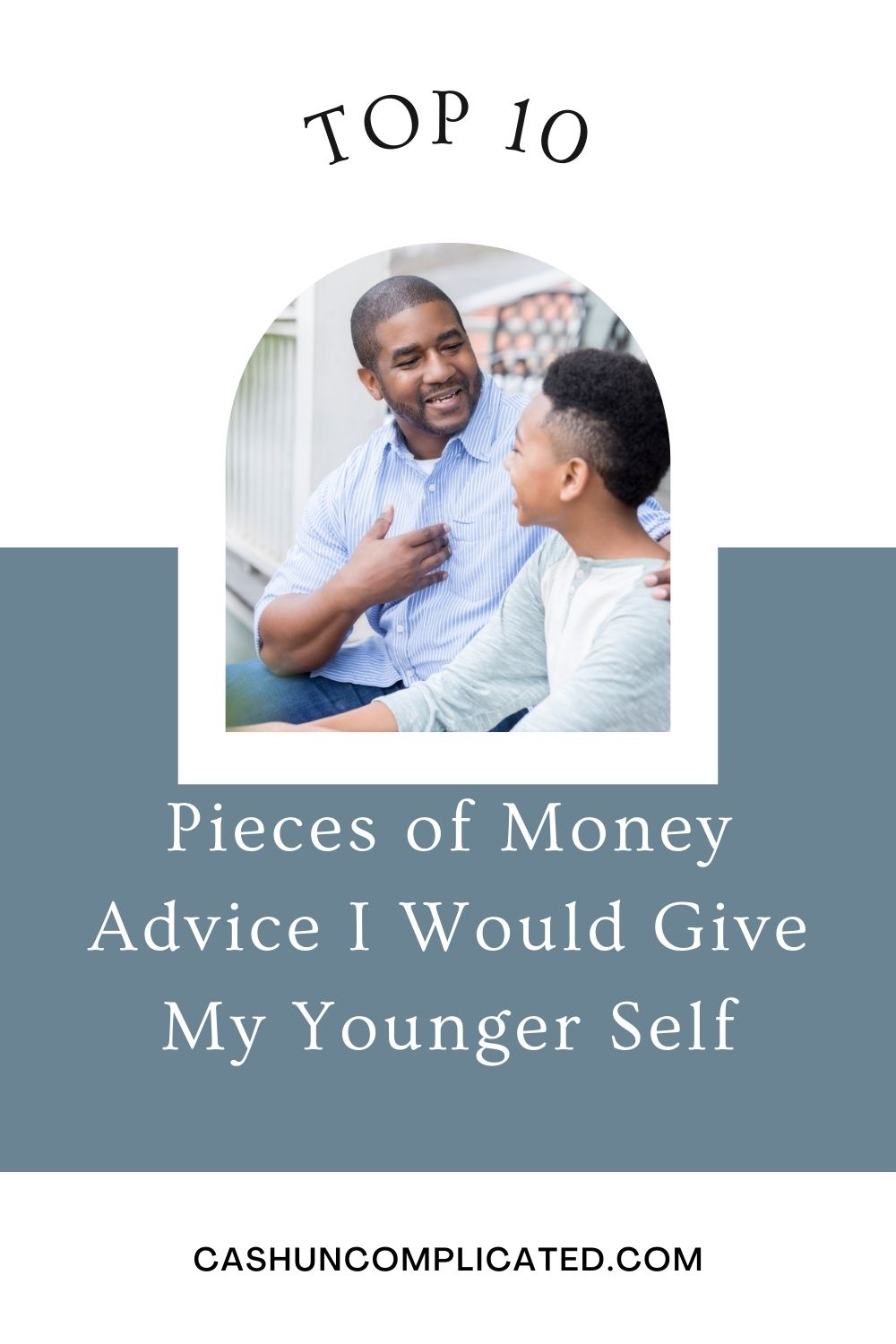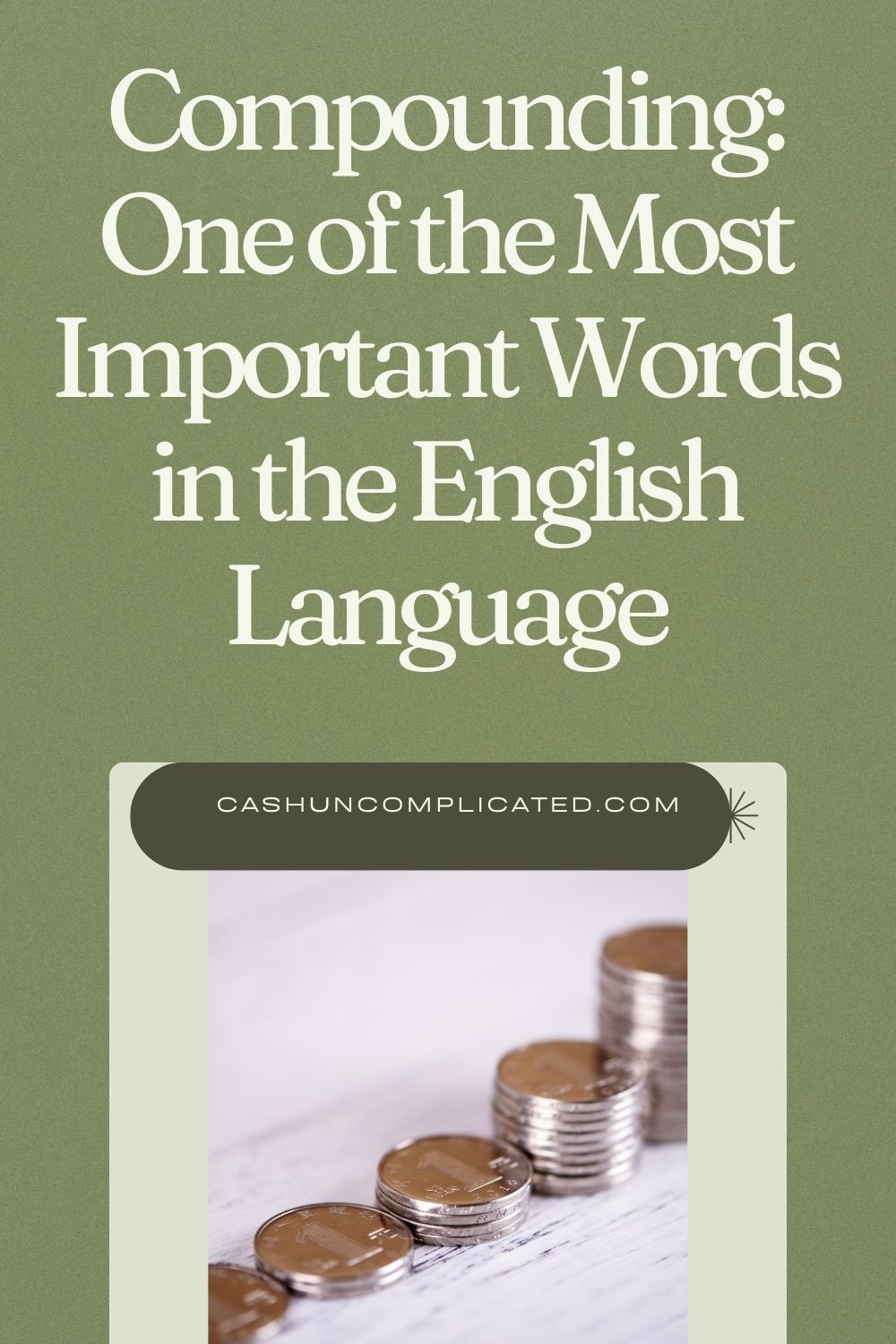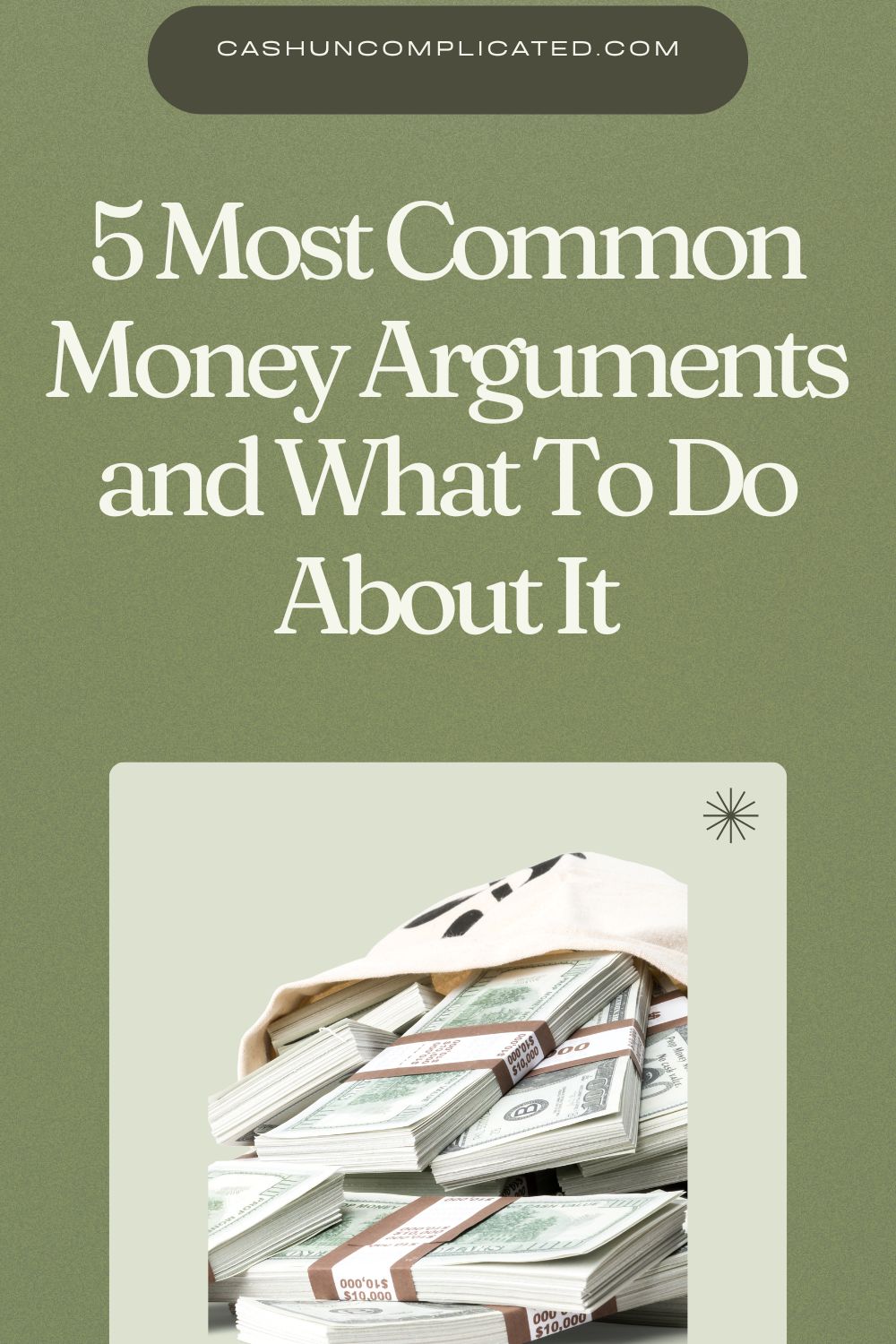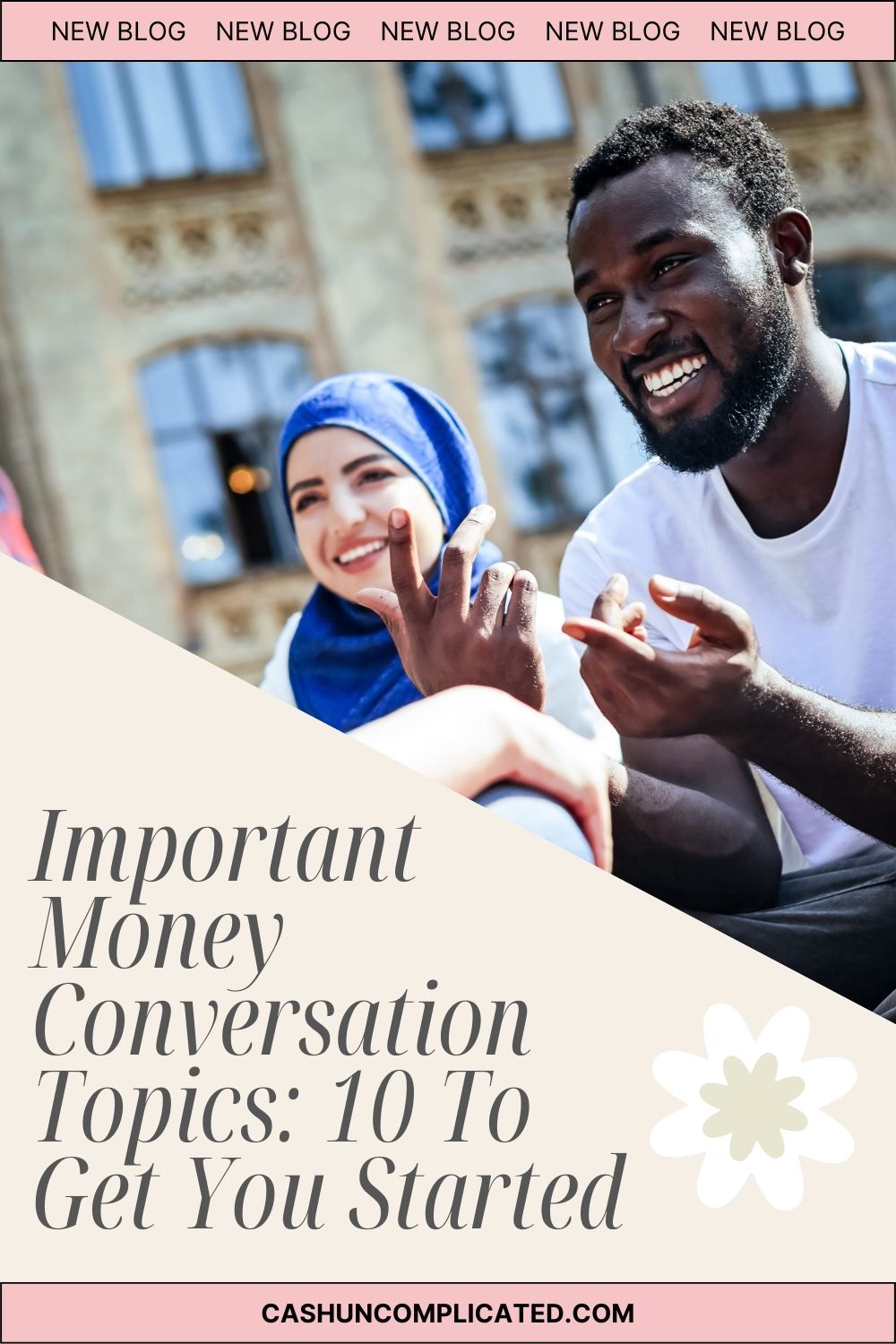In my opinion and experience, having the right mindset is one of the most critical factors to success. It’s the foundation of our actions; it all starts with the way we think about things. Henry Ford wisely said: “Whether you think you can, or think you can’t, you’re right.”
If you follow sports, you’ll hear professional athletes talk about getting in the right mindset before practices and big games. Business leaders often refer to having a growth mindset. Successful entrepreneurs frequently talk about mindset, especially when telling their stories of overcoming obstacles.
The good news is that we don’t have to re-invent the wheel. We can work to develop our mindset, and apply it directly to our own lives.
Most people don’t have a mindset about personal finance. We weren’t taught in school about personal finance, our parents probably didn’t teach us much about money, and it’s a taboo subject in most social circles. We kind of just let things happen with our money and personal finances without giving it much thought.
We assume we’re supposed to do certain things like carry a car payment and rent the nicest apartment we can afford. Most of us have few expectations when it comes to investing though.
Developing an investor mindset is one of the most important things we can do to improve our personal finances. An investor mindset is:
- Intentional and purposeful
- Focused
- Value-based
- Automated
- Habit driven
An investor mindset puts saving and investing before spending. Most people spend first and invest what’s left over (if there is anything left over). Those with an investor mindset invest their money first and spend what’s left over.
That may seem like just a simple change in order of operations, but it’s much more than that. It’s a change in mindset and habits. It’s making a conscious decision and taking action.
The person with an investor mindset intentionally buys assets before “things”—assets like rental properties and index funds. Those with an investor mindset know that eventually those assets will pay for things.
For example, if someone buys a rental property at age 30 and holds it for several years, that property will likely increase in both overall value and monthly rents. The investor in this case has created several positive options for herself.
If the rent increases by $600 over 15 years, that’s $600 minus any increased expenses. She can choose to reinvest the money, buy a car, pay for vacations, help pay for her children’s college, etc. By making the choice to invest first, she has the ability to use the money earned from investments to pay for things later.
Likewise, if the property appreciates, she has many more options including a cash-out refinance, executing a 1031 exchange for a better property, or just selling it and paying taxes. These are all great choices she never would have had without investing.
Order matters. Those who invest first acquire the ability to pay for things they want with the money later, like the investor in our example above. However, those who pay for things first and invest second will not have that opportunity.
The beauty of investing is that it creates passive income, meaning you don’t have to do traditional work to earn it. The more you invest, the more passive income will be generated, and the more financial choices you will create for yourself.
When others around you are spending, it can be challenging to stay on the investor course. Having an investor mindset is one of your greatest tools to staying on track.
How can you develop an investor mindset?








